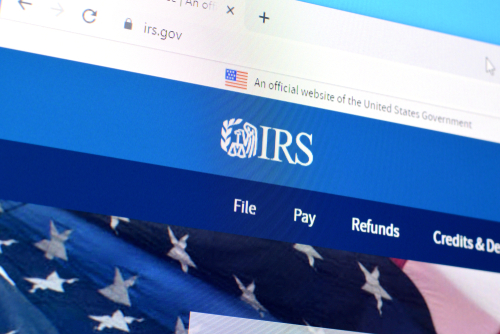UPDATED: Find the IRS Announcement HERE
On Friday, the Internal Revenue Service (IRS) contacted the American Retirement Association (ARA) to clarify issues regarding erroneous notices sent to plan sponsors and advisors related to their supposed late filing of 2022 Form 8955-SSA.
The IRS confirmed that the issue was a programming glitch, which it fixed on Wednesday. The IRS said it is working on a newsletter article to notify the public of the issue and what to do with the notices.
It further emphasized that plan sponsors and advisors should file Form 8955-SSA with the IRS through the FIRE (Filing Information Returns Electronically) system, not the EFAST system. The concern is that if a Form 8955-SSA is filed with EFAST, the form is not considered filed with the IRS, and the taxpayer will receive a penalty notice as a result. EFAST, therefore, can’t be used to file a Form 8955-SSA.
Form 8955-SSA is a required annual filing with the IRS for those who file Form 5500. The filing deadline for Form 8955-SSA is the same as Form 5500.
Using the form, plan sponsors report participants who separate from service with a deferred vested benefit but who did not receive full distribution of their benefit.
“One issue that has arisen is that according to some, plan sponsors sometimes neglect to update reporting on the forms for subsequent distributions, which may result in notification to participants of benefits that do not actually exist anymore,” ARA Chief Legal Officer Allison Wielobob explained.
She added that the fact that Form 8955-SSA is filed with the IRS through the FIRE (Filing Information Returns Electronically) system and not the EFAST system is not widely known.
The Form 8955-SSA information reported to the IRS is shared with the Social Security Administration. At retirement age, the SSA notifies affected individuals that they may have benefits under the retirement plans of prior employers.

